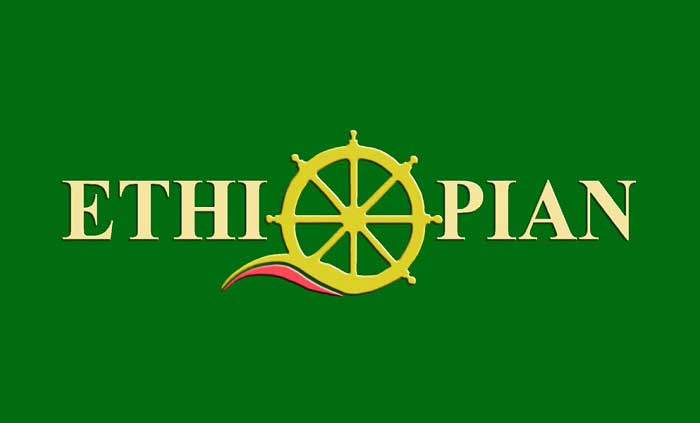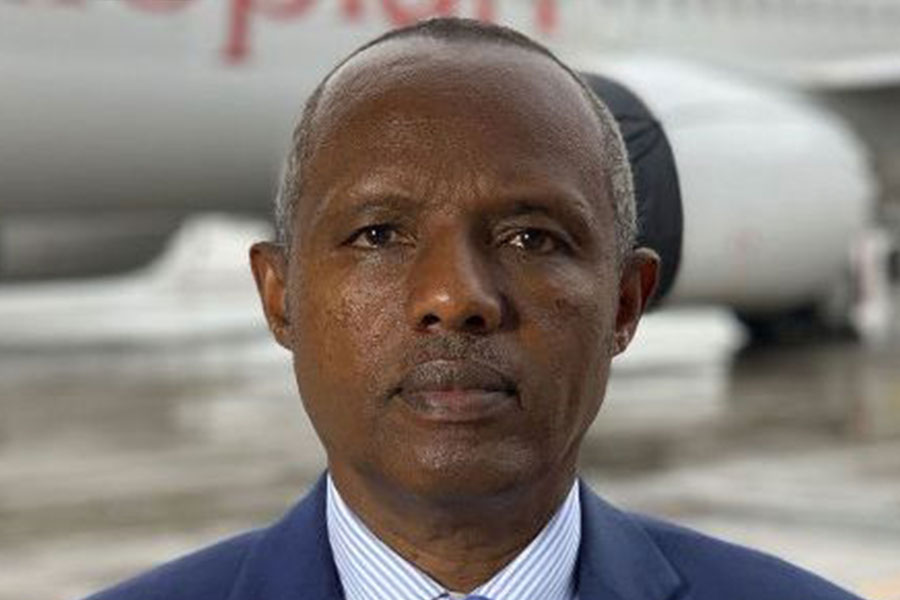
Radar | Mar 06,2021
 The Ethiopian Shipping & Logistics Services Enterprise is set to hire an American consultant company, Oracle, to modernise its management system.
The Ethiopian Shipping & Logistics Services Enterprise is set to hire an American consultant company, Oracle, to modernise its management system. The Ethiopian Shipping & Logistics Services Enterprise is set to hire an American consultant company, Oracle, to modernise its management system.
The new system, Enterprise Resource Planning (ERP), will integrate all of the Enterprise's corporate information into one central database.
The software will be used for controlling the shipment of import and export commodities and is expected to be implemented in the coming weeks after the two ink the agreement.
ERP will also integrate the enterprise with local and foreign import-export companies, suppliers and logistics service providers.
The current multi-modal and uni-modal system used by the Enterprise has technological limitations, according to Roba Megersa, CEO of the Enterprise.
“The weakness of service delivery of the enterprise arises from the poor implementation of ICT technology,” said Roba.
The ERP system will integrate the Enterprise’s supply chain planning, purchasing, scheduling, and quality control together with financial accounts as well as call center support, sales and marketing.
ERP, a concept first developed in the 1960s, is a software that attempts to integrate all departments and functions across a company into a single computer system that can serve all those departments’ particular needs.
ERP developers, like Oracle, customise and tailor the software to the client’s needs.
Oracle, founded in 2009, provides professional training courses like project management, IT and personal development.
The ERP system developed by Oracle is used by two local institutions, Ethiopian Airlines and Commercial Bank of Ethiopia (CBE).
The Enterprise, established in 2014, has a reputation for operations that are considered weak and expensive, according to the World Bank's latest logistics performance index that ranks Ethiopia 117 out of 190-plus countries for the efficiency of its logistics operations.
The Enterprise, which operates 11 vessels of which nine are dry cargo ships with a carrying capacity of 400,000tn, procured 215 new heavy trucks four years ago from Renault Trucks. It also has two oil transporting vessels, each capable of carrying 42,000tn of oil.
The Enterprise that made a net profit of 1.7 billion Br in the last fiscal year also managed to save 55 million dollars in the period by decreasing the demurrage days from eight to six days. Demurrage is a charge payable to the owner of a chartered ship on failure to load or discharge the ship within the time agreed.
On the other hand, foreign exchange shortages, delay in the construction of the 120Km road project in Djibouti, congestion at dry ports, administrative and logistics problems were some of the challenges faced by the Enterprise, according to Roba.
Currently, the Enterprise is in the process of procuring 150 heavy trucks and 12 car carriers with an investment of one billion Br to transport freight through the Ethio-Djibouti corridor.
The trucks are used to transport import and export items to and from the seven operational dry ports in the country and the Djibouti port handling 24,000 containers at a time, on the route where 90pc of the country's trade is carried out.
PUBLISHED ON
[ VOL
, NO
]

Radar | Mar 06,2021

Radar | Aug 27,2022

Radar | Mar 07,2020

Radar | Dec 21,2019

My Opinion | Jan 05,2019

Radar | Oct 09,2021

Radar | Aug 23,2025

Fortune News | Mar 28,2020

Radar | Feb 20,2021

Fortune News | May 07,2025

Dec 22 , 2024 . By TIZITA SHEWAFERAW
Charged with transforming colossal state-owned enterprises into modern and competitiv...

Aug 18 , 2024 . By AKSAH ITALO
Although predictable Yonas Zerihun's job in the ride-hailing service is not immune to...

Jul 28 , 2024 . By TIZITA SHEWAFERAW
Unhabitual, perhaps too many, Samuel Gebreyohannes, 38, used to occasionally enjoy a couple of beers at breakfast. However, he recently swit...

Jul 13 , 2024 . By AKSAH ITALO
Investors who rely on tractors, trucks, and field vehicles for commuting, transporting commodities, and f...

Oct 25 , 2025
The regulatory machinery is on overdrive. In only two years, no fewer than 35 new pro...

Oct 18 , 2025
The political establishment, notably the ruling party and its top brass, has become p...

Oct 11 , 2025
Ladislas Farago, a roving Associated Press (AP) correspondent, arrived in Ethiopia in...

Oct 4 , 2025
Eyob Tekalegn (PhD) had been in the Governor's chair for only weeks when, on Septembe...